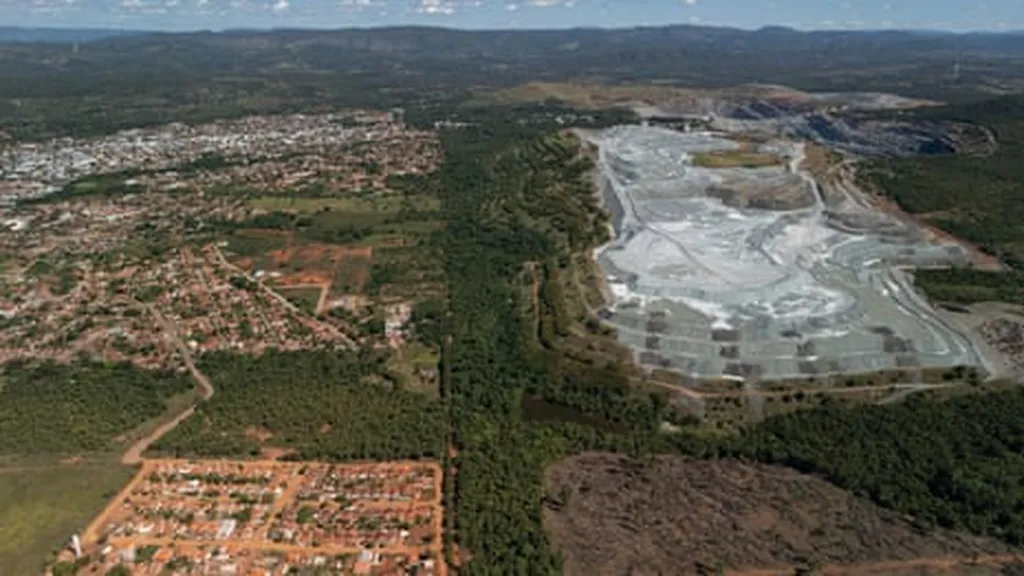In the quest for sustainable agriculture and climate resilience, a recent study published in *Frontiers in Soil Science* (translated as *Frontiers in Soil Science*) offers a compelling roadmap for turning vegetable waste into a valuable resource. Led by Kwesi Ewudzie Quansah from the School of Life Science and Food Engineering at Huaiyin Institute of Technology in China, the research highlights how vegetable residues—often discarded through environmentally harmful methods like landfilling and incineration—can be transformed into nutrient-rich soil amendments and renewable energy sources.
The study emphasizes the potential of circular agriculture, where vegetable residues, rich in organic matter, are repurposed through techniques such as composting, vermicomposting, anaerobic digestion, and biochar production. These methods not only enhance soil fertility and microbial activity but also improve water retention and carbon sequestration, addressing critical challenges in soil health and climate change mitigation.
“Vegetable residues are a largely untapped resource that can significantly reduce our reliance on synthetic fertilizers while boosting soil productivity,” Quansah explains. “By integrating these residues into agricultural systems, we can create a more sustainable and resilient food production cycle.”
The commercial implications for the energy sector are substantial. Anaerobic digestion, for instance, can produce biogas—a renewable energy source—while composting and biochar production offer low-carbon alternatives to traditional soil amendments. These processes align with the growing demand for sustainable practices in agriculture and energy production, presenting new opportunities for innovation and investment.
However, the study also acknowledges challenges, including heavy metal contamination, technical constraints, and adoption barriers. To overcome these hurdles, recent advancements such as microbial inoculants, enzyme-based pretreatment, and AI-driven low-energy technologies are being explored. These innovations could streamline residue management and make it more accessible to farmers and energy producers alike.
As the world grapples with food waste and environmental degradation, Quansah’s research offers a timely and practical solution. By valorizing vegetable residues, we can enhance soil health, support climate resilience, and unlock new economic opportunities in the energy sector. The study not only advances our understanding of sustainable agriculture but also paves the way for a more circular and resource-efficient future.

